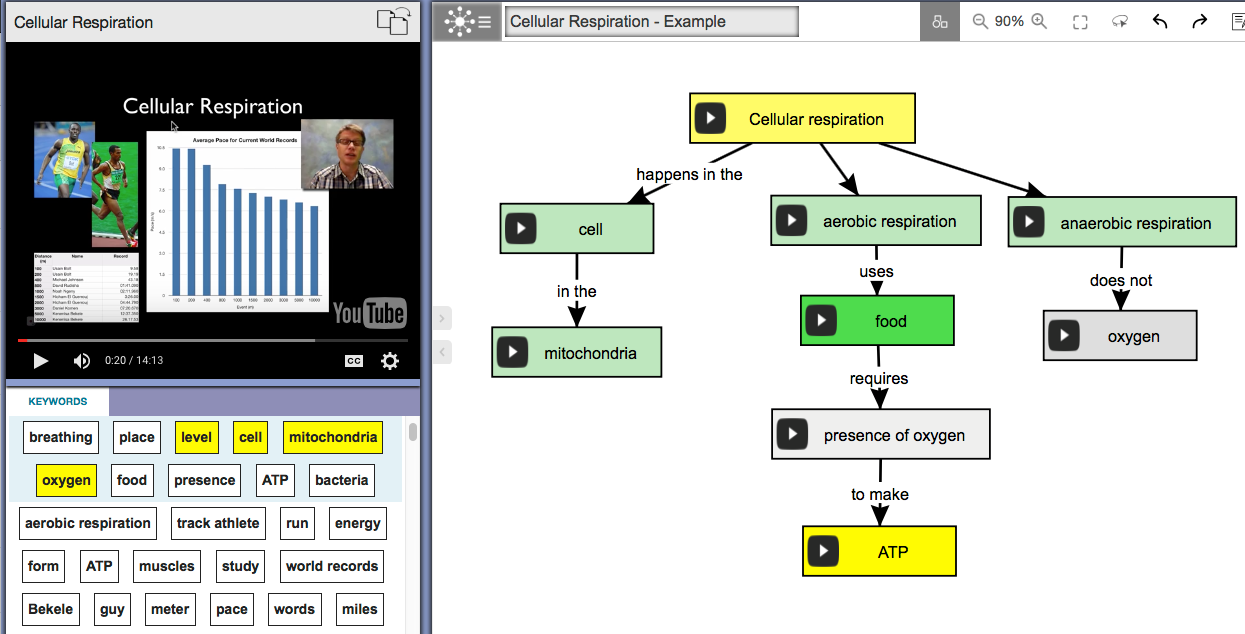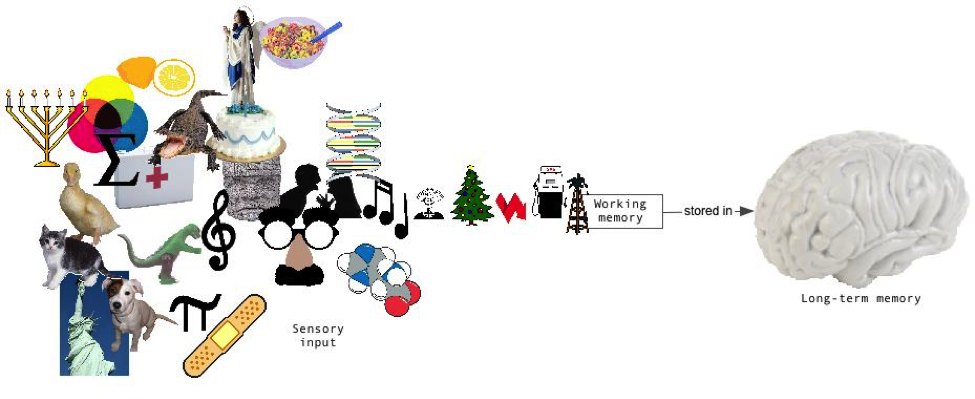This post is written by Mary Chase, Ph.D., an expert in curriculum design, literacy education, and technology integration.
The skies are blue, the temperatures are edging up and summer is poised on the horizon: it’s that great time of year when we take down our bulletin boards and break out our (metaphoric) surfboards. There’s nothing better than those first days of vacation when our minds drain of the agendas and administrivia of the classroom, and it’s okay to pick up a book with a plot instead of a matrix of standards.
That feeling doesn’t last forever, though. After about three weeks, I get bitten by the teaching bug again. I remember the faces of all those students who never quite engaged, who might have excelled but didn’t, and I start wondering what I can do in the coming fall to address their needs. That’s when I do a different kind of summer reading—titles from the annals of pedagogy. My favorite kind of education book is passionate, based on experience in the trenches and reflective of what the writers believe about learning, not the “how to” books of which there are so many. Here are a few of my favorites:




